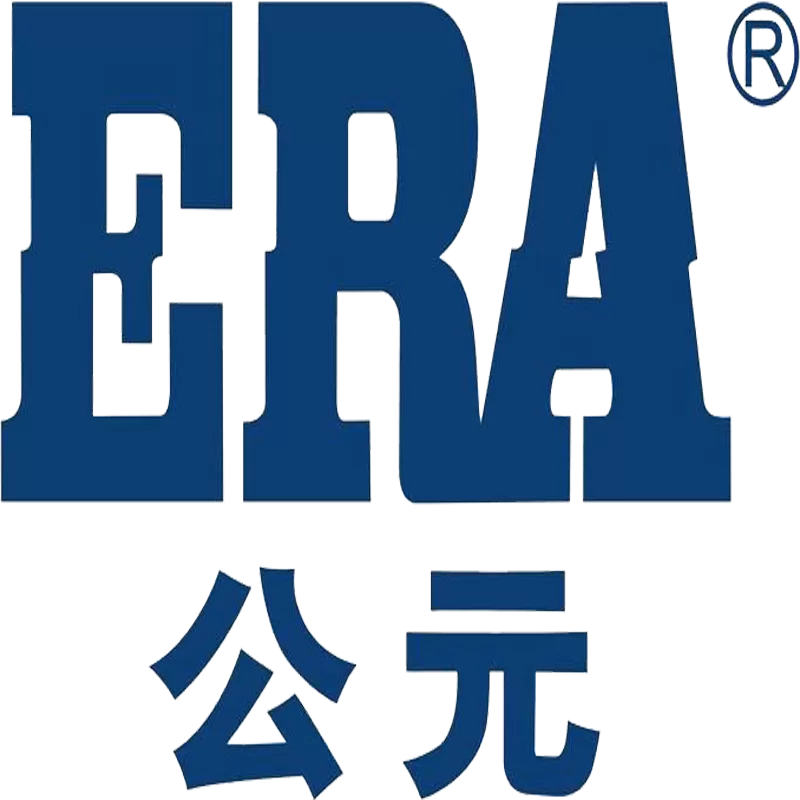In urban construction and infrastructure development, the underground pipe network is the "blood" to ensure people's livelihood, and as the core component of the pipe network, the performance of the pipeline is directly related to the safety and service life of the project. Today, we focus on a "anti-corrosion pioneer" in the pipeline field - HDPE carat pipe, which is becoming an indispensable and important choice in the construction of underground pipe network due to its unique material advantages and excellent performance.
HDPE carat pipe's "hard core" strength is first reflected in its excellent corrosion resistance. As a kind of pipe with high density polyethylene (HDPE) as the main raw material, it has strong chemical stability and can withstand the erosion of acid and alkali substances, salts and various chemical media in the soil. Compared with traditional metal pipes, metal pipes buried in the ground for a long time are vulnerable to soil corrosion, electrochemical corrosion, and have a limited service life; while concrete pipes are less expensive, but brittle and easy to leak. HDPE carat pipes perfectly avoid these problems. Even in complex underground environments, they can maintain structural integrity, reduce pipe rupture and leakage caused by corrosion, and provide a solid guarantee for the long-term stable operation of the pipe network.
In addition to corrosion resistance, HDPE carat pipes also have excellent flexibility and impact resistance. Its unique structural design (usually wound structural walls) endows the pipes with good deformation ability, which can adapt to soil settlement, geological changes, etc., and is not easily damaged by external impact. At the same time, HDPE material itself has high impact strength, during installation and use, even if it is subject to external pressure or collision, it can maintain the integrity of the pipeline and reduce maintenance costs. In addition, HDPE carat pipes are lighter in weight, more convenient to transport and install, which can effectively shorten the construction period and reduce the cost of engineering manpower and time.
In practical applications, HDPE carat pipes are everywhere. In rainwater and sewage drainage systems in municipal engineering, it can easily cope with complex underground environments and avoid secondary pollution caused by corrosion; in farmland irrigation and water conservancy projects, it can operate stably under various soil conditions to ensure the efficient transportation of water resources; in industrial park sewage pipes, in the face of possible chemical waste liquids, its corrosion resistance characteristics become a "safety barrier". Whether it is a new project or an old pipe network renovation, HDPE carat pipe can meet the pipeline needs in different scenarios with its comprehensive performance.
As a benchmark enterprise in the pipeline industry, AD Pipeline has always been driven by technological innovation, constantly optimizing the production process and performance of HDPE carat pipe to ensure that each pipe has excellent corrosion resistance and long service life. Choosing HDPE carat pipe is not only a high-quality pipe product, but also a "zero leakage, long life" pipe network safety guarantee. In the future, with the continuous advancement of urban construction, HDPE carat pipe, a "pipeline pioneer", will definitely play a more important role in guarding the safety of the underground pipe network.
.jpg)

